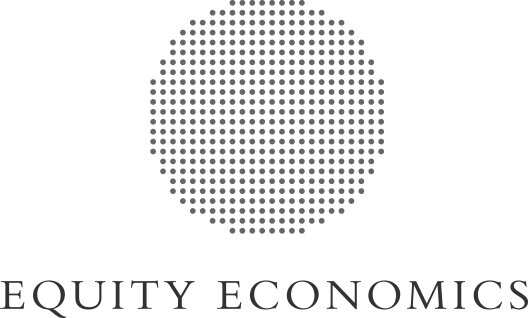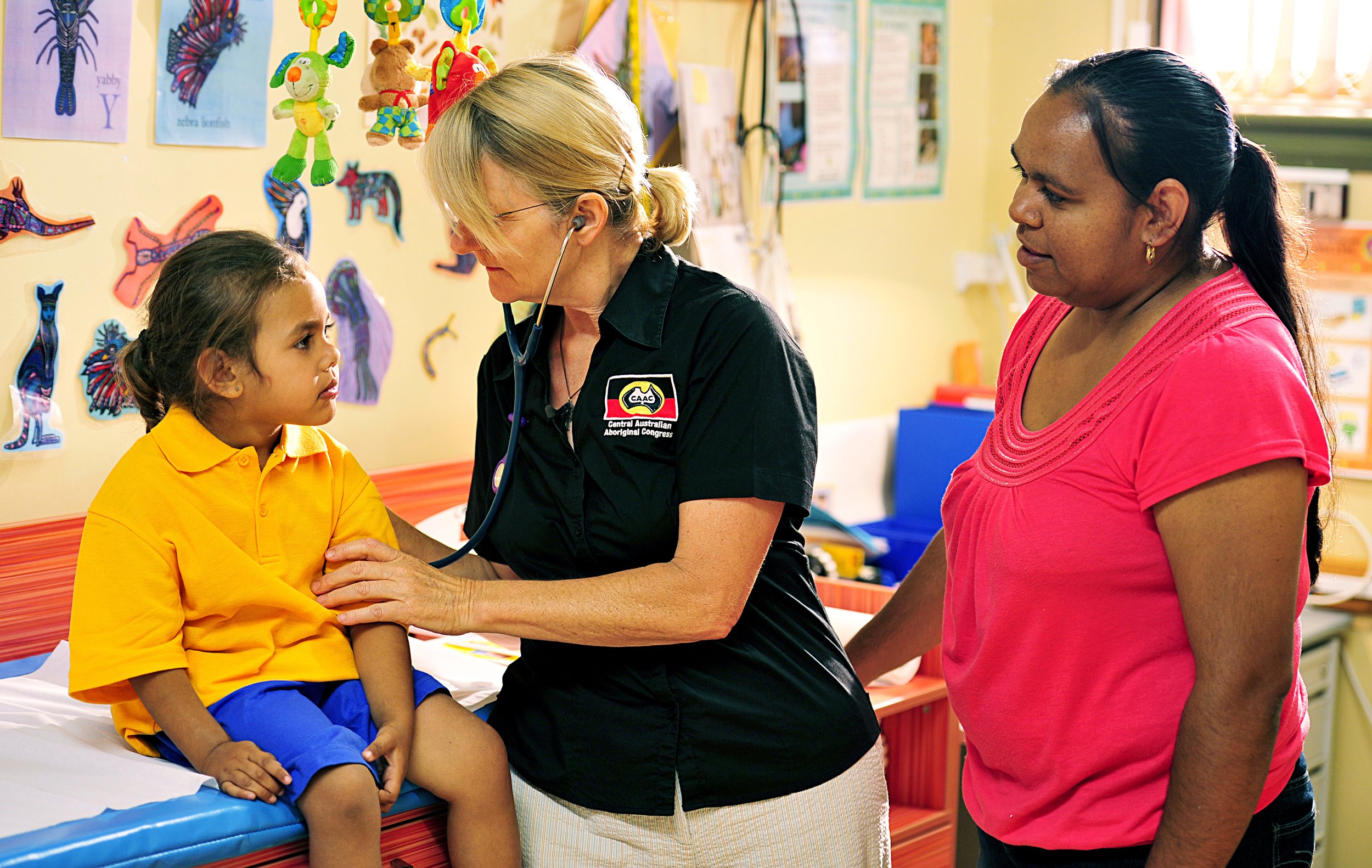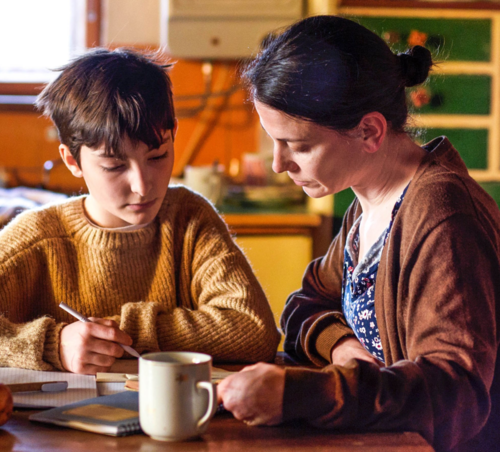Report Archive
Research and reports we’ve produced
Aboriginal and Torres Strait Island Housing Data Review
As part of its upcoming report ahead of the 2024-25 Budget, Members of the Committee are seeking advice on the housing, and related infrastructure, needs of Aboriginal and Torres Strait Islander people, and on the data needed to inform targeted government investment decisions. Equity Economics have been engaged to provide advice on Aboriginal and Torres Strait Islander housing data.
Briefing Paper: Investing for the Golden Age
Across Indonesia and Australia, ageing populations and rising incomes are driving growth in aged care, together with the favourable policy environment enabled by the Indonesia-Australia Comprehensive Economic Partnership Agreement (IA-CEPA).
Submission to the 2024-25 ACT Government budget process
Equity Economics and the ACT Alliance for Evidence-Based Education have submitted a joint submission to the 2024-25 ACT Budget process, proposing a $92 million investment over four years to allow the ACT public education system to become a work leader in implementing evidence-based literacy and numeracy practices.
Inclusion is the Future: Opportunities for Enhanced Bilateral Trade and Investment between Indonesia and Australia in Medical Devices and Assistive Technology
Equity Economics worked with Katalis to produce this market insight which digs deep into the nuances of Indonesia’s booming fintech industry and how it can forge a connection with its neighbour Australia.
Let’s Meet in the Middle: Forging Connections Between Indonesian and Australian Fintech
Equity Economics worked with Katalis to produce this market insight which digs deep into the nuances of Indonesia’s booming fintech industry and how it can forge a connection with its neighbour Australia.
Victorian Aboriginal Authority: An initial feasibility study
This paper outlines the findings from an initial feasibility study for a new, Aboriginal-led, independent statutory accountability entity to strengthen oversight of Victorian Government programs for Aboriginal people – a Victorian Aboriginal Authority (the Authority1 ).
Saving Money by Spending: Solving Illiteracy in Australia
A national study into Australia’s literacy standards by Equity Economics has found that four in ten 15-year-old students are not meeting reading benchmarks. The cost of lost lifetime earnings for those who fall behind is estimated at over $12 billion alone. This doesn’t even begin to account for the emotional costs to individuals or costs to our economy in terms of lost productivity and poorer health and wellbeing outcomes.
Place-Based approaches to Tackling Community Challenges in Australia
Equity Economics is pleased to have supported the Paul Ramsay Foundation with a new report on Place-Based approaches to Tackling Community Challenges in Australia. The report brings together the growing evidence base for place-based approaches and will hopefully support more effective programming to ensure social services and community support reach the most in need and are effective.
Raising the grade: How schools in the Australian Capital Territory can lift literacy outcomes for students and the economy
A new report by Equity Economics has found that children in ACT classrooms are not being taught to read in a way that aligns with the science and research on literacy instruction.
Submission to Australia’s Measuring What Matters Framework
Equity Economics have produced a submission to the Treasury’s ‘Measuring What Matters’ Framework, proposing that children need to be front of mind when developing and implementing our wellbeing framework.
ASEAN-Australia Digital Trade Standards (DTS) Initiative Mid-Term Review Report
A Mid-Term Review of the ASEAN-Australia Digital Trade Standards (DTS) Initiative, a AUD 5 million (2018-2024) program to support greater implementation of digital trade standards by ASEAN Member States (AMS) and to increase digital trade for regional prosperity and security, was conducted in early 2022 by an independent consultant.
Submission to the Productivity Commission Inquiry into the National School Reform Agreement: Improving Literacy Outcomes in Australia
Equity Economics, in partnership with the Code REaD Dyslexia Network, have produced a joint submission to the Productivity Commission Inquiry into the National School Reform Agreement, which calls for early and continuous screening in schools to support struggling readers and lift literacy outcomes.
Katalis Market Insight: Training Indonesia’s Digital Workforce
Indonesia has one of the fastest growing digital services industries in the world. Home to over ten digital unicorns – digital companies valued at over $1 billion – and with over 100 million internet users, the digital economy is an important driver of Indonesia’s growth and development. The Katalis Market Insight series provide an overview of the digital skills landscape in Indonesia and presents way to close any existing gap by connecting Indonesian businesses with Australian Technical Vocational, Education Training providers.
Measuring the Gap in Health Expenditure: Aboriginal and Torres Strait Islander Australians
Equity Economics, in partnership with the National Aboriginal Community Controlled Health Organisation (NACCHO), undertook an analysis of the gap in health expenditure for Aboriginal and Torres Strait Islander people. In order to calculate the gap, we accounted for the burden of disease, which is more than twice the rate for the Aboriginal and Torres Strait Islander population than for the non-Indigenous population.
Towards a strengthened rare disease workforce for Australia
Australia’s first nationally coordinated effort to address rare diseases—the National Strategic Action Plan for Rare Diseases —called for the development of a national rare disease workforce strategy that responds to current and future demands, including the impact of genomics. This White Paper is an initial step to progress that priority.
Kokoda College Evaluation
The purpose of this evaluation is to examine the impact and effectiveness of the Kokoda College Flexible Open and Distance Learning Education (FODE) program in supporting pathways for people into formal, second-chance education and then onto tertiary training and careers in teaching and health work.
How Australia’s Parenting Policies are Failing Women and Our Economy
Equity Economics prepared a report with The Parenthood that finds Australian women are falling behind their international peers. Ranked number 1 in the world for levels of educational attainment, Australian women fall to number 70 in the world for levels of economic participation. This poor performance is hurting our economy and hindering efforts to achieve equity between men and women.
Funding Rare Disease Therapies in Australia
Seven years ago, Equity Economics prepared a report for the McKell Institute’s: Funding Rare Disease Therapies in Australia – Ensuring equitable access to health for all Australians. The report placed the issue of inequities in access to new medicines for the one in eight Australians that live with a rare disease on the national policy agenda.
Changing the Trajectory: Investing in Women for a Fairer Future
Equity Economics prepared a report Australians Investing in Women, Gender-wise Investing: A Springboard to Australia’s Recovery , in April 2020 to analyse the impact of COVID-19 on women in Australia.
Rebuilding for Women’s Economic Security: Investing in Social Housing in NSW
Equity Economics prepared a report for the New South Wales Council of Social Services (NCOSS) as part of its Pink Vis Campaign to outline the impact of the COVID-19 pandemic on women in NSW and the economic benefits that could flow from addressing critical shortages in social housing, and specialist homelessness services and family and domestic violence services.




















